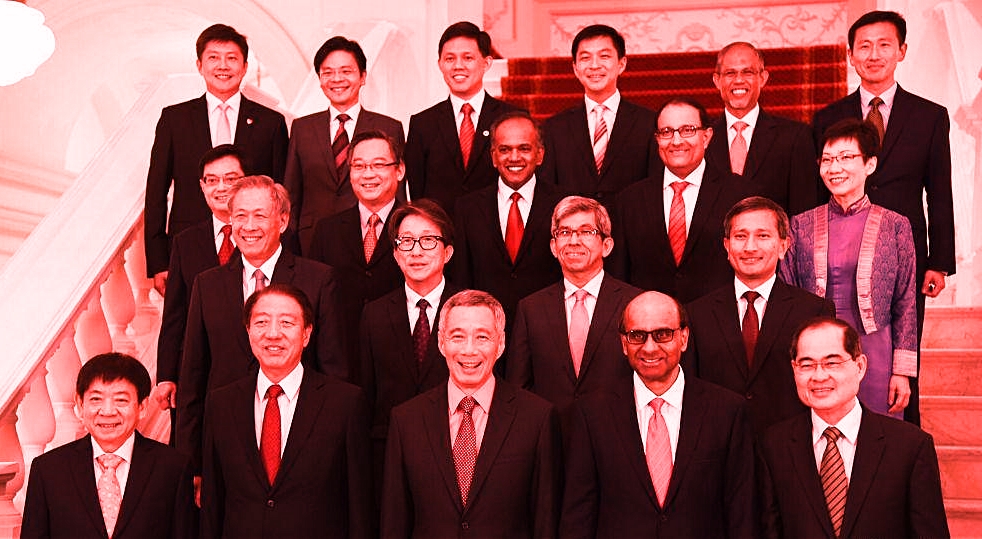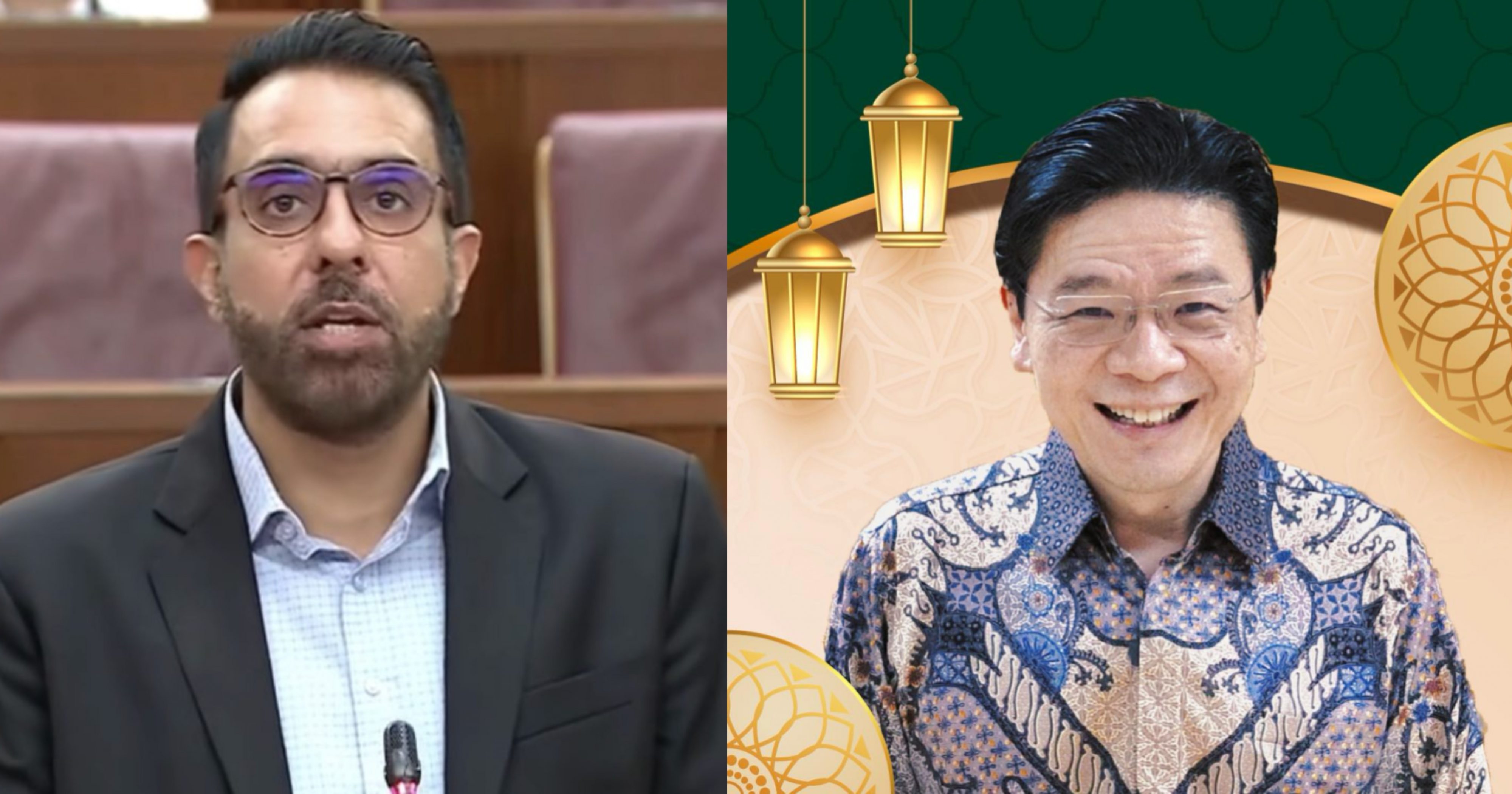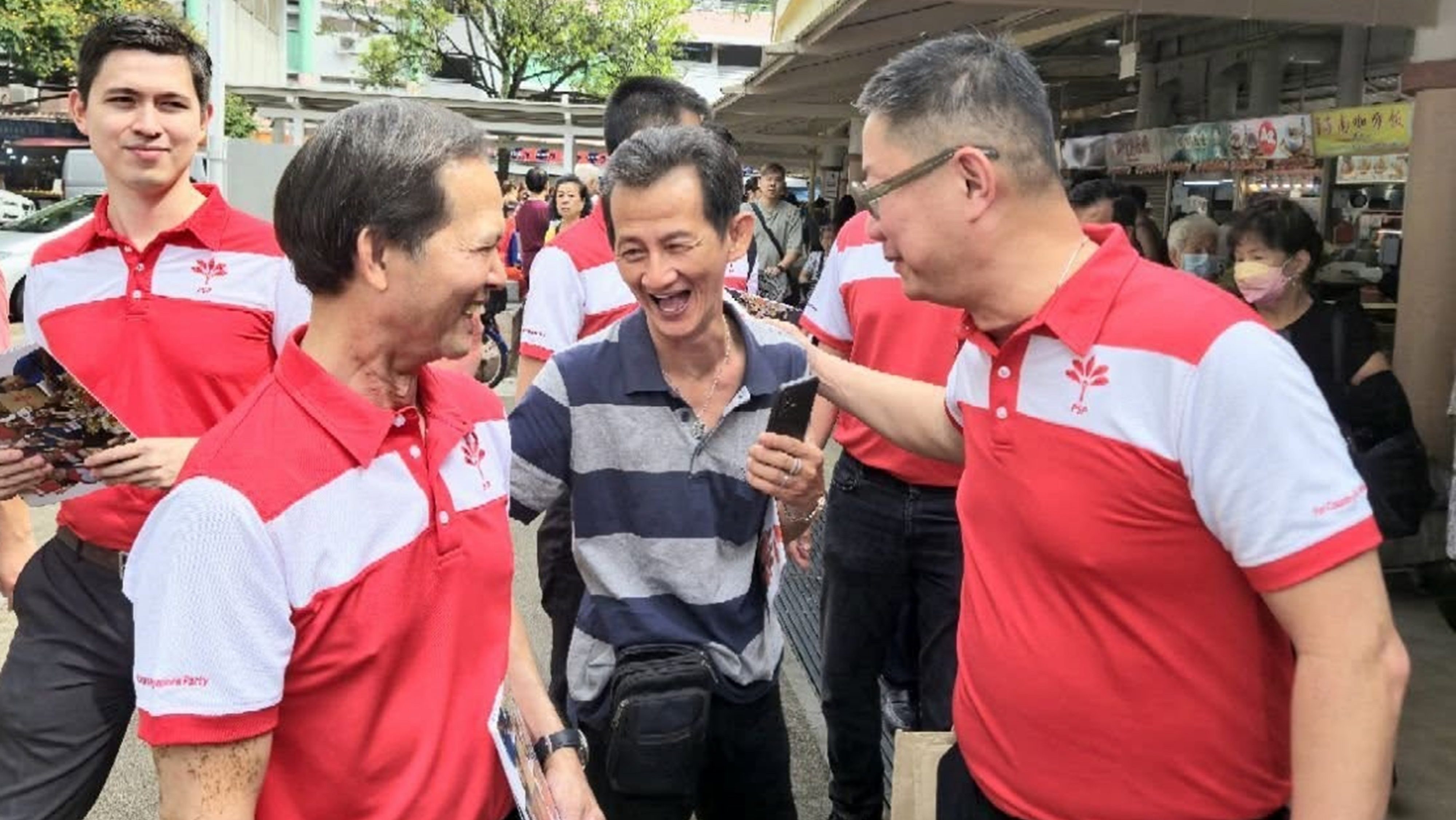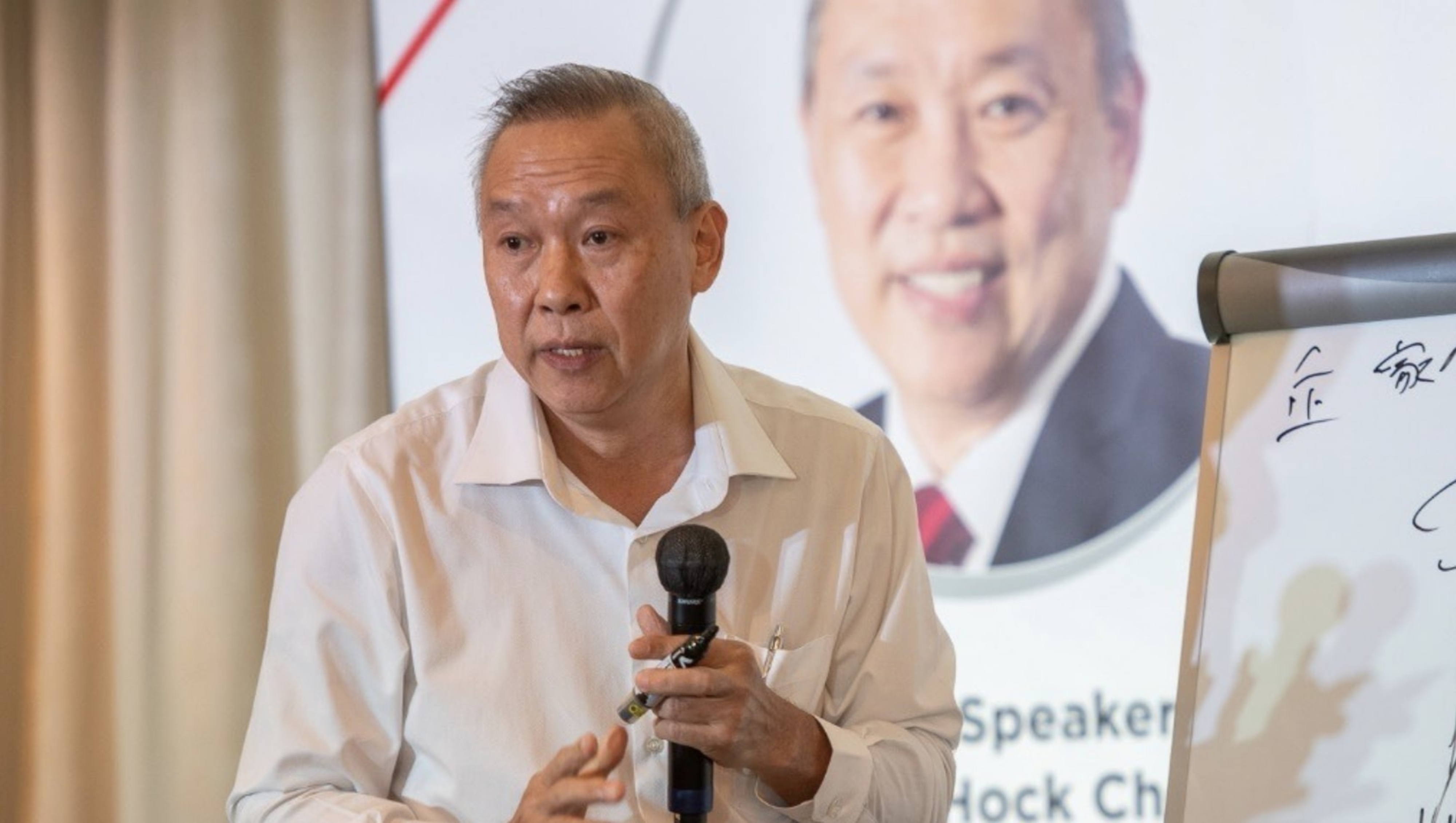
YT screencapture
Govt confirms that fake news law will also cover WhatsApp chats and closed Facebook groups
Senior Minister of State for Law and Health, Edwin Tong, revealed in Parliament yesterday (7 May) that the proposed Protection from Online Falsehoods and Manipulation Act (POFMA) bill will also cover closed and encrypted communications channels like private WhatsApp chats and Facebook groups.
WhatsApp is presently protected by end-to-end encryption, which means that only the senders and recipients can read the messages being exchanged. The proposed legislation to combat fake news, however, will also apply to such private chat platforms.
Mr Tong, who served as a member of the Select Committee on Deliberate Online Falsehoods, reasoned that chat and social media groups serve as “a public megaphone” as much as open modes of communication. He explained:
“As falsehoods can be hidden from view, they are ideal platforms for the deliberate spread of falsehoods. Researchers believe that in closed spaces, people are more susceptible to emotive falsehoods, because these are the spaces inhabited by the familiar and the trusted.
“The Bill therefore recognises that platforms that are closed are not necessarily private. They can be used not only for personal and private communications, but also to communicate with hundreds or thousands of strangers at a time.”
POFMA aims to provide the government with powers to act against online falsehoods to protect public interest, intends to give ministers the authority to determine what is an online falsehood and how to act against what they deem to be an online falsehood.
Revealing that ministers can issue directions against falsehoods communicated over open or closed groups on the internet, regardless of the platform, Mr Tong added: “We will also find additional ways of dealing with the harm that can materialise from falsehoods spreading on encrypted closed platforms.”
Interestingly, Mr Tong revealed that the directions under the proposed bill are also “flexible enough to deal with falsehoods spread on platforms that are developed in the future.”
In an article he wrote earlier, Mr Tong asserted that “most citizens” want strong fake news laws. Declaring that only a small group is “crying wolf” over POFMA, Mr Tong wrote: “Crying wolf repeatedly gets no attention.”
Asserting that the Government is “confident that there is broad and deep support among an overwhelming majority of Singaporeans for laws to tackle online falsehoods,” and that “the overwhelming majority of Singaporeans want strong laws to deal with online falsehoods,” he wrote:
“The Government is confident that most Singaporeans understand the Bill’s main thrust. The concerted attempts by a small group of persons to mislead have not got any traction among most Singaporeans.
“The small group of persons I have referred to, speak in a shrinking echo chamber, with increasing shrillness. Some take refuge in alarmist language (including comparisons with nuclear wars) in desperate attempts to get attention.”
https://theindependent.sg.sg/edwin-tong-claims-the-overwhelming-majority-of-singaporeans-want-strong-fake-news-laws/
https://theindependent.sg.sg/sylvia-lim-grills-pap-mp-who-suggested-alternate-way-to-tackle-new-crime-trends-without-parliaments-involvement/




